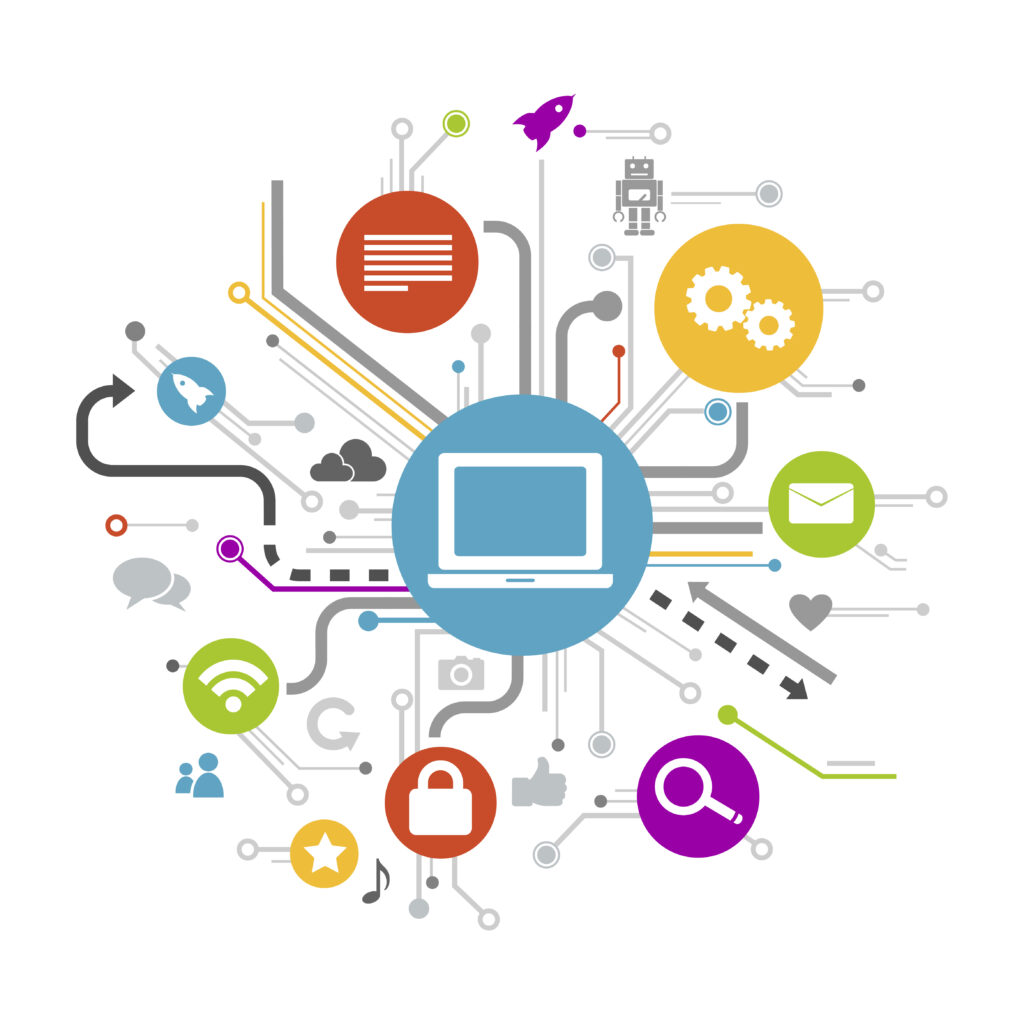Social Wellness
Social wellness is defined as the ability to interact with others, build satisfying relationships, and maintain a strong support network. It encompasses various aspects, including effective communication, empathy, respect, and the capacity to create and sustain meaningful connections. Social wellness contributes to a sense of belonging, purpose, and fulfillment, which are essential for mental and emotional health.









